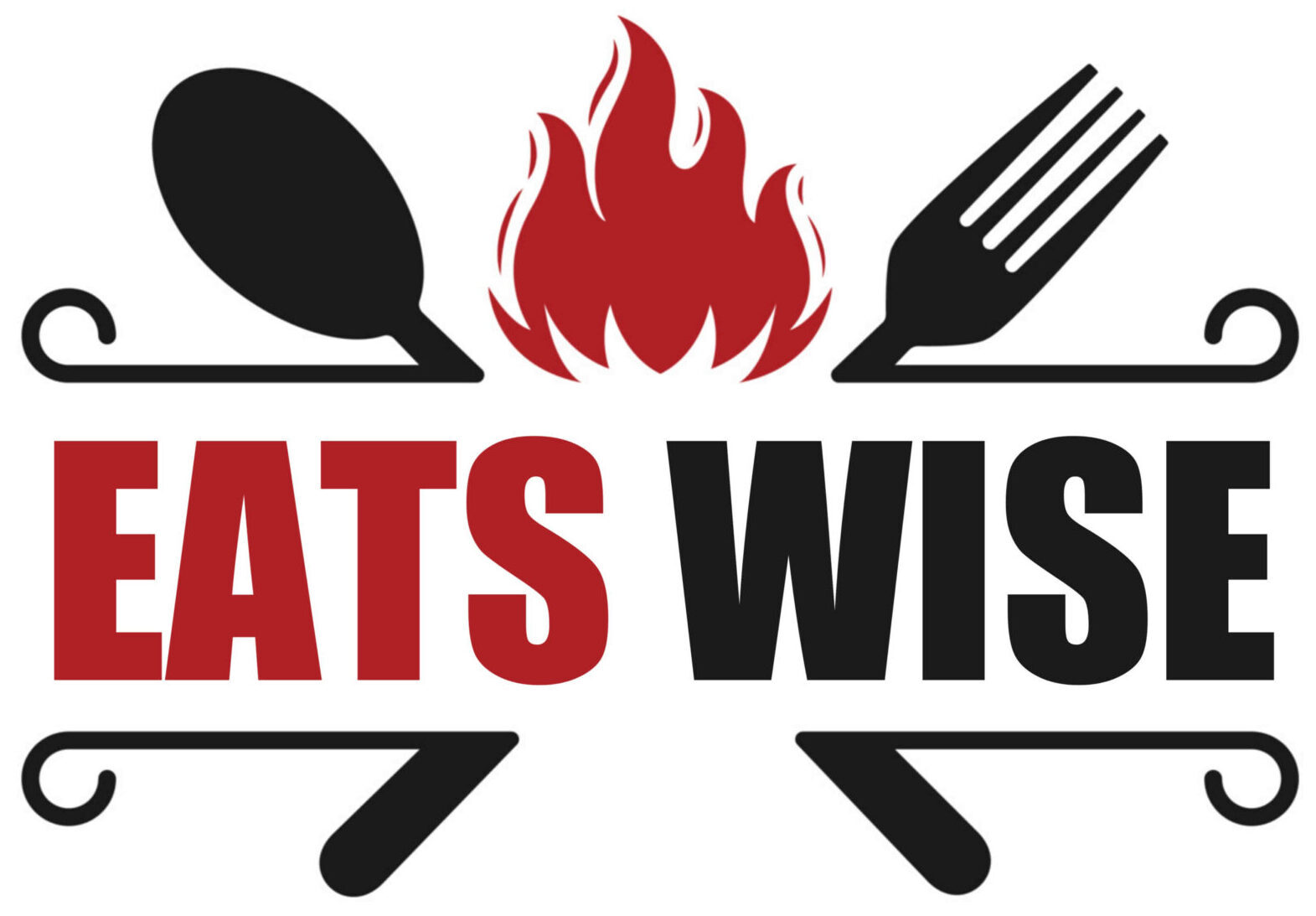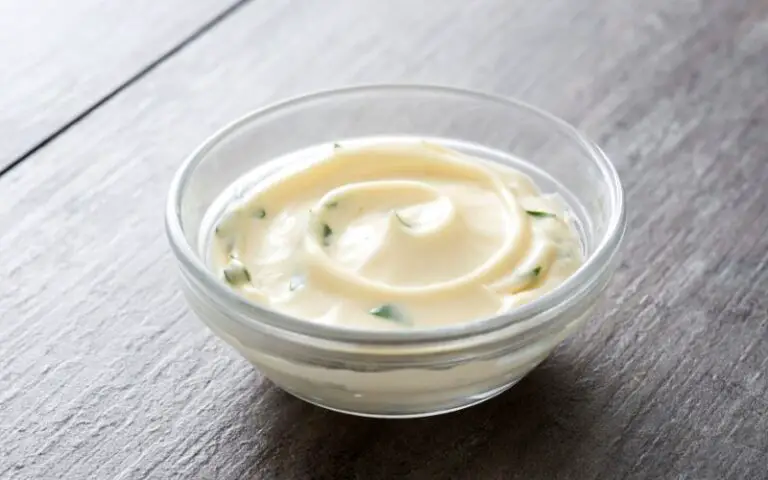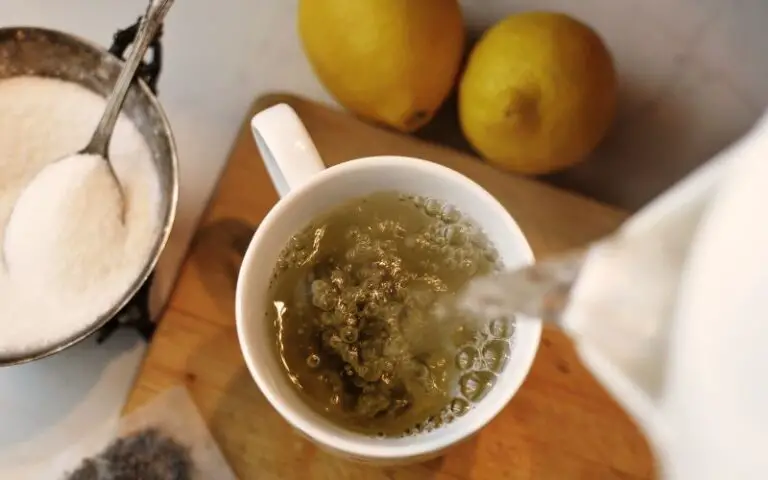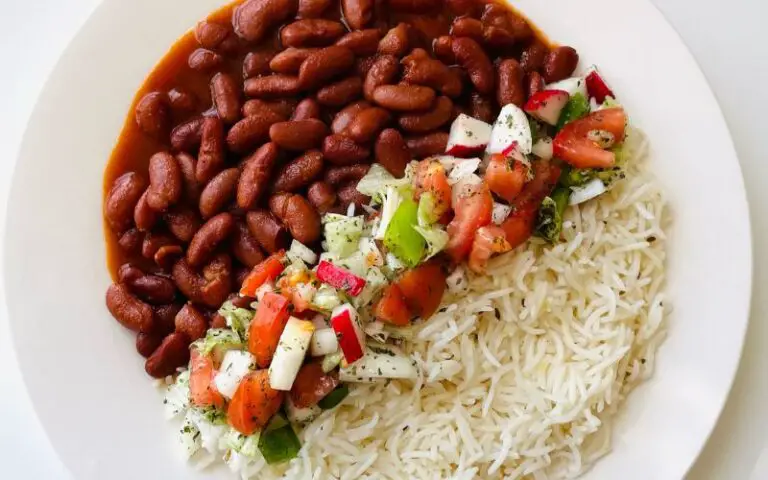Can You Eat Ricotta Cheese Out Of The Container?
Last updated on October 26th, 2022 at 05:19 pm
Are you in a hurry and cannot go through the rigors of cooking? Or do you want to eat something fresh? There are several ways you can enjoy your Ricotta cheese.
This article will find out how best you can enjoy your Ricotta cheese.
You can eat the Ricotta cheese out of the container. Eating the cheese out of the container implies consuming it fresh without heating it or processing it. This consumption mode is safe as heating is an elementary part of its processing.
Do I Need to Cook Ricotta Cheese Before Eating?
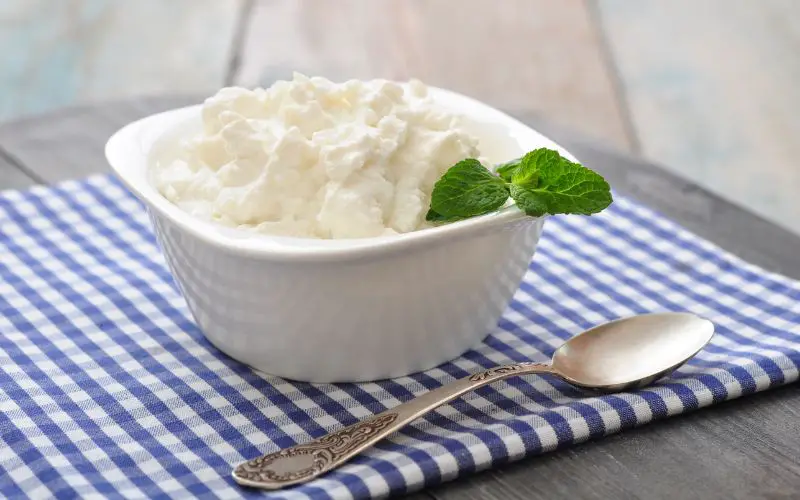
You do not need to cook the Ricotta cheese before you eat it. The Ricotta cheese can be eaten fresh out of the container without carrying out any further processing.
Ricotta cheese is a dairy product you get from the coagulation of milk. This milk comes from cattle, goats, and sheep.
The process involves passing the milk through medium heat, and the heat separates the curd from the milk.
The main substance that undergoes coagulation in the milk is albumin. Albumin is a protein molecule present in all dairy products.
This curd comes from the process of coagulation. The Ricotta cheese you purchased underwent heat before its packaging.
After coagulation, the curd is further heated and then allowed to cool down. Due to this level of processing, you can eat the Ricotta cheese from the container.
Eating the Ricotta cheese from the container without cooking it can also be tasty.
The ingredients used in the making of the cheese include milk, vinegar, thickeners, salt, and whey.
You can eat these components of the Ricotta cheese on their own without harming your health.
So, you can eat the cheese directly from the container or make other foods.
The commonest recipes that you can use the Ricotta cheese to make include pancakes, cheesecakes, and gelato.
Can You Eat Ricotta Cheese Like Cottage Cheese?
Cottage cheese is a whitish, soft, and fresh cheese made from cattle’s milk. You can eat cottage cheese like Ricotta cheese.
The cottage cheese can be eaten raw or cooked just like you would love the Ricotta cheese.
The production process involves heating the milk so the curd separates from the whey.
The milk is heated near the boil slowly until the curd separates from the milk. To taste, you can decide to add salt or any other flavors.
Though You can eat cottage cheese like Ricotta Cheese, some differences exist.
As in the case of the Ricotta cheese, the fire used in making the cottage cheese makes it safe to eat.
Once boiled, the cheese is no longer considered raw, so you can consume it without cooking.
The Ricotta cheese is a product of fine curds. This texture gives the Ricotta cheese a smooth but slightly grainy outlook.
In comparison, cottage cheese feels lumpier than Ricotta cheese. Another difference between Ricotta cheese and cottage cheese is the taste.
The Ricotta cheese tastes sweeter than the cottage cheese. This sweetness is because cottage cheese contains more salt than Ricotta cheese.
Ricotta cheese has a higher fat content than cottage cheese. Other forms of nutritional differences exist between both cheese types.
These differences include a higher calcium content, vitamins A, E, D, and B2, and selenium in the Ricotta cheese.
See below the difference in features between Ricotta and cottage cheese.
| Feature | Ricotta cheese | Cottage cheese |
|---|---|---|
| Texture | fine | Lumpy |
| Taste | Sweet | salty |
| Nutrient | More fatty content | Less fatty content |
Can Eating Ricotta Cheese Straight from The Container Make Me Sick?
Contaminated cheese contains some microorganisms responsible for making you sick when you eat cheese straight from the container.
Eating Ricotta cheese straight from the container should not make you sick. You can only get sick when you eat contaminated cheese.
Most cheese containers are unpasteurized. The process of pasteurizing milk and cheese keeps them from being spoiled.
A common microorganism in the ricotta cheese container is the listeria monocytogenes.
This microorganism is responsible for all the illness and discomfort you may feel when you eat ricotta cheese directly from the container.
The dairy products from which cheese comes mostly contain bacteria.
These organisms are responsible for many other discomforts you feel when you consume contaminated cheese.
Frequent symptoms are observed when contaminated cheese is consumed, including fever, vomiting, and diarrhea.
Anyone can come down with the illness, though this depends on the amount consumed. This illness is not dependent on the age of the individual.
Recognized health organizations have suggested that the risk of consuming cheese from the container can make you sick if it contains microorganisms.
How Long Is Ricotta Cheese Good for Unopened?
Once opened, the ricotta cheese can last up to two weeks without going bad. This length of stay is dependent on the handling of the ricotta cheese.
Once you open the container, the cheese is carefully used and returned to a refrigerator.
In this way, the refrigerator slows down the growth of the bacteria and keeps your ricotta cheese fresh for a maximum of two weeks.
These types of handling can preserve the ricotta cheese for up to two weeks.
When the ricotta cheese is not refrigerated, the growth of bacteria is now unchecked.
The uncontrolled growth of the bacteria causes the ricotta cheese to spoil. The longer the cheese is in the open, the worse it becomes.
Aside from the failure to refrigerate the cheese, other factors that can speed up the spoilage of the ricotta cheese would include how you handle it.
Leaving it open and allowing bare hands and unclean surfaces to come in contact with the cheese will spoil it faster.
These surfaces carry germs and deposit them on the ricotta cheese. The germs grow and multiply, making the cheese spoil faster.
A ricotta cheese infested with germs may last no longer than three days. This timing depends on how many microorganisms settle on the surface of the ricotta cheese.
Once you open the container of the ricotta cheese, you should finish the content within three to five days.
No matter the handling technique, the ricotta cheese would still be good within this period. You can keep it in the open or refrigerate it during this period.
Whichever way you want it, three to five days is a window within which you can enjoy your fresh ricotta cheese.
Always note that the faster you consume the Ricotta, the better the cheese quality.
Aside from refrigerating the ricotta cheese, you can store the cheese in an airtight container after you have opened them.
The airtight container secures the cheese from the air, extending the cheese’s life after you have taken some out of it. Air is another medium for the exchange of germs.
Air carries germs. These germs settle on the surface of the cheese, and keeping the container airtight prevents the cheese from going bad easily.
How to Identify A Spoilt Ricotta Cheese?
You can identify a spoiled Ricotta cheese by observing the surface for some changes that are not consistent with the looks of a normal or freshly prepared ricotta cheese.
The following are things to note when identifying a spoilt ricotta cheese.
#1. Mold or Black Spots
You will find some dark spots on the surface of the cheese called molds. They are a colony of bacteria growing on the surface of the cheese.
Once these dark spots appear, the ricotta cheese is irredeemable, and you must throw it away.
#2. Change of Color
The full color of the cheese also changes when the cheese gets spoiled. The color of normal ricotta cheese is white, and once you notice any color aside from this, You should throw it away.
#3. Change of Taste
The taste of the ricotta cheese is an important identifying feature of good cheese.
Once it becomes sour, bitter, or achieves any altered taste, you must do away with it. This altered taste indicates that your cheese is no longer good.
Conclusion
You can eat the ricotta cheese out of the container. You do not have to cook it before you eat it. Just like cottage cheese, you can eat the cheese raw.
Eating ricotta cheese does not make you sick, except the cheese is spoiled. Once the color, taste, and appearance change, the cheese must have gone rancid.
The ricotta cheese can still be consumed after two weeks of purchase if properly refrigerated.
